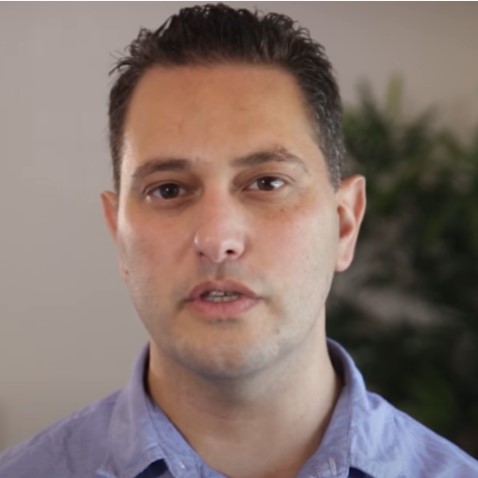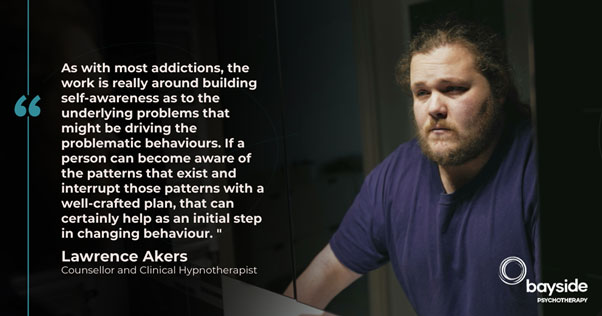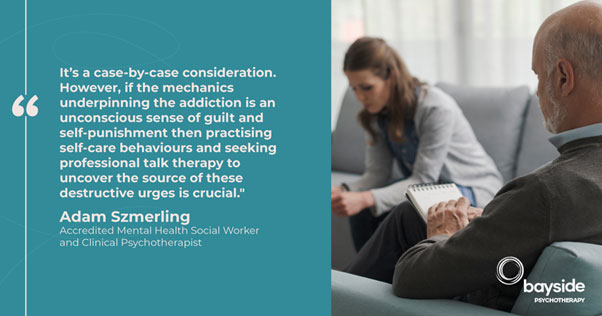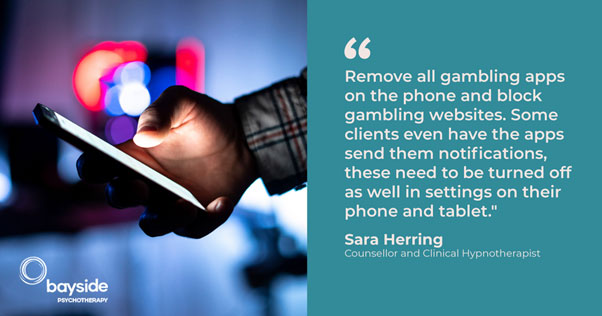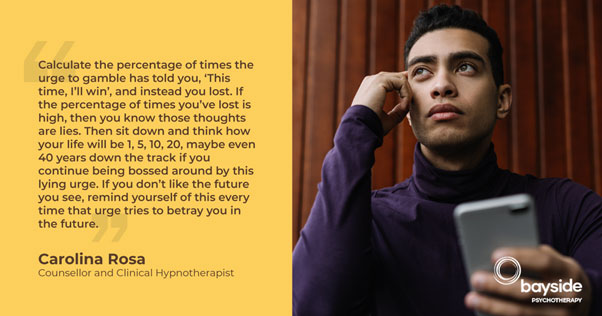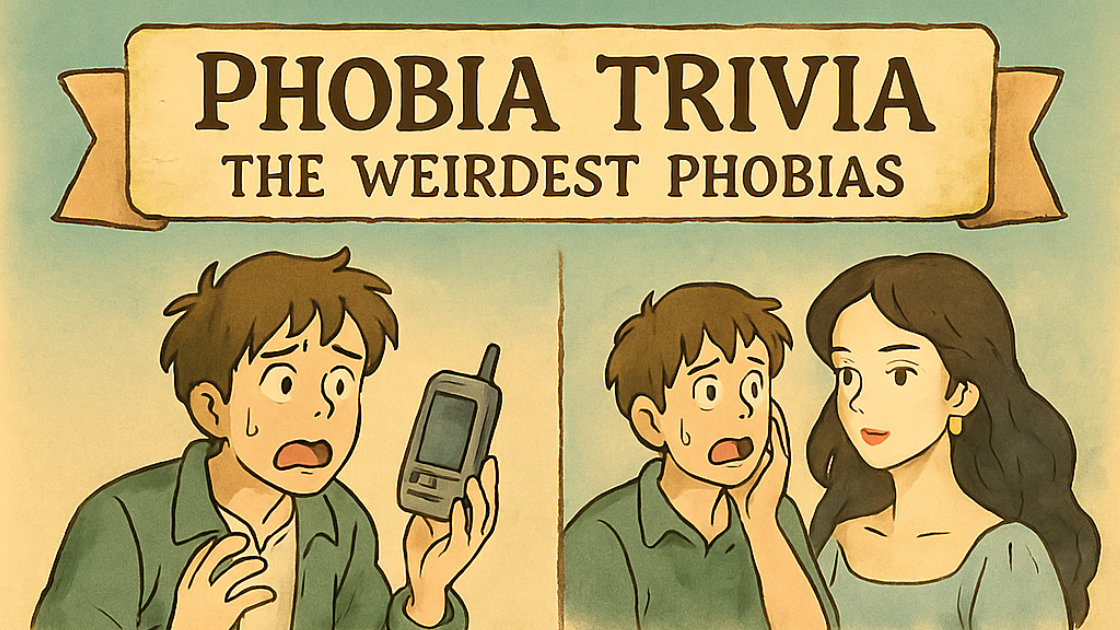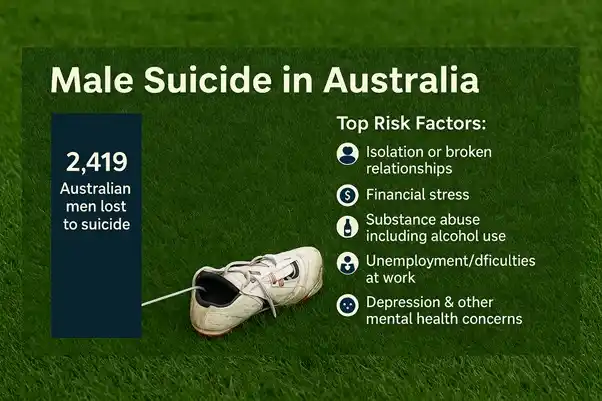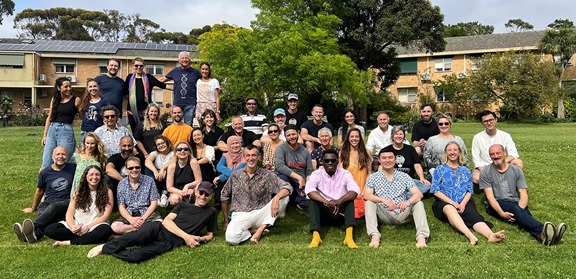From High Stakes to Healing: 8 Tips To Overcome Gambling Addiction
Gambling activities have become more accessible and convenient due to the proliferation of casinos and the rapid growth of online gambling platforms. Moreover, technological advancements and the rise of mobile devices have further integrated gambling into everyday life, creating additional risks for vulnerable individuals.
Australian Gambling Statistics – Did you know?
Some Facts According to the Australian Communications and Media Authority (ACMA) (ACMA), the proportion of Australians who have engaged in internet gambling in the past six months increased from 8% in 2020 to 11% in 2022.
Australia also has bars, clubs, and casinos that cater to its gambling culture, and these establishments thrive because many Australians enjoy betting.
The Problem Gambling Severity Index (PGSI) estimated that 1.1 million regular gamblers exhibited behaviours that exposed them to gambling-related problems.
In 2020, Australians spent approximately 17 billion dollars on gambling related activities.
These statistics indicate that people persist in gambling despite the losses they incur. Gambling has become a pervasive part of our society, and while many individuals gamble as a recreational activity, it is important to acknowledge that it can also lead to a debilitating addiction.
The Neuroscience of Gambling Addiction
Gambling is a paradoxical behaviour because it is widely known that ‘the house always wins.’ No matter what type of gambling activity one engages in, whether it is slots, horse racing, blackjack, or roulette, the odds always favour the casino or bookmaker.
So, what drives gamblers, especially problem gamblers, to continue playing when the odds are against them?
Recent advances in brain imaging technology have enabled scientists to investigate how certain features of gambling games are so effective in maintaining sustained engagement. Dr Clark, from the Wolfson Brain Imaging Centre at Addenbrooke’s Hospital in Cambridge, is using functional magnetic resonance imaging (fMRI) to measure patterns of brain activity as participants play a gambling game.
Previous studies have consistently found evidence of predictable brain activity when individuals receive monetary rewards. This distinctive pattern of neural activity usually involves the striatum, a crucial region located near the centre of the brain. The striatum is part of the brain’s reward circuitry, which responds not only to natural reinforcers such as food and sexual stimuli but also to substances like cocaine that are linked to addictive behaviours.
Dr Clark is currently conducting research that focuses on measuring the activity within this reward circuit as volunteers participate in a gambling task, specifically examining the effects of near-misses and choices on the participants.
Recognising Signs of Gambling Addiction
Gambling can be very tempting: bright lights, fancy signage, the sound of cards smacking together, laughing, and eager exclamations form a captivating soundtrack for the evening.
How can one distinguish between temptation and addiction?
It can be difficult to evaluate your own behaviour (or that of a loved one) and determine whether your gambling is harmful or not. The following list of symptoms is not comprehensive, but it might serve as a useful guide.
Symptoms of gambling addiction:
- Experiencing frequent or intrusive thoughts about gambling
- Gambling with borrowed money
- Increasing the size or frequency of bets to achieve the same thrill
- Feeling irritable/angry when attempting to quit gambling
- Trying to recoup losses by gambling more (chasing losses)
- Gambling despite the negative impact on income, career, or relationships
- Lying to conceal gambling behaviour
- Gambling to relieve stress/anxiety
- Struggling with financial difficulties caused by gambling
Gambling can adversely impact many aspects of your life, such as:
-Finances
The repercussions of excessive gambling can rapidly accumulate and become overwhelming. Essential bills go unpaid, credit cards reach their limit, and debts escalate. In search of a quick solution, some may resort to payday loans, only to find themselves deeper in trouble due to exorbitant interest rates.
-Mental and Emotional Wellbeing
According to the Royal College of Psychiatrists, people who gamble at harmful levels are more likely than others to have low self-esteem, develop stress-related disorders, become anxious, have poor sleep and appetite, develop a substance abuse problem, and suffer from depression.
-Relationships/Family
Gambling can be very addictive and can have a devastating effect on interpersonal relationships. When your time and attention are consumed by gambling, your friends and family may feel that you no longer value their presence in your life. This can lead to a growing sense that you do not care about them. Moreover, if your loved ones are unaware of your gambling activities, they may internalise the situation and blame themselves, thinking they are responsible for pushing you away. These misunderstandings can lead to feelings of sadness and distress within your relationships.
Here are 8 tips to overcome gambling addiction:
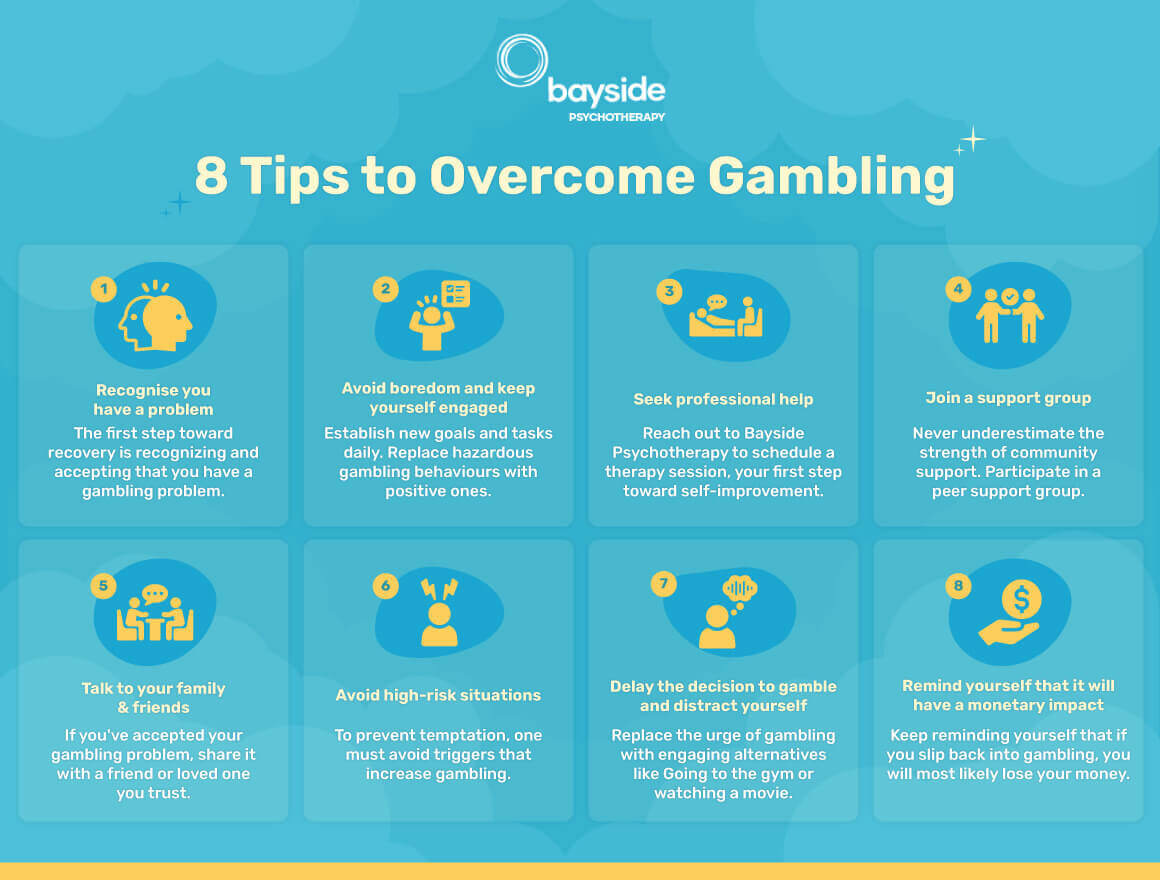
- Recognise you have a problem
The first step towards recovery is recognising and accepting that you have a gambling problem. This requires considerable courage and honesty, especially if you have lost a lot of money and strained relationships along the way. According to Lawrence Akers, a therapist at Bayside Psychotherapy, “As with most addictions, the work is really around building self-awareness as to the underlying problems that might be driving the problematic behaviours. If a person can become aware of the patterns that exist and interrupt those patterns with a well-crafted plan, that can certainly help as an initial step in changing behaviour. “
- Avoid boredom and keep yourself engaged
When combating gambling addiction, maintaining a busy and fulfilling lifestyle becomes crucial, although the specific activities will vary from person to person. For instance, if you have a passion for cooking, you can dedicate your time to honing your culinary skills, or if you enjoy tennis, participating in tennis socials can be a great way to stay occupied.Former gamblers, who were once accustomed to the rollercoaster of emotions that come with active addiction, often encounter periods of boredom in their lives. It is essential to establish new goals and tasks daily. You can permanently transform your maladaptive coping strategies by replacing hazardous gambling behaviours with more positive ones. - Seek professional help
If you are having difficulty managing your gambling tendencies, it is essential to seek professional help. There may be different options for recovery and treatment, and some therapeutic approaches may work better than others for you.
According to Adam Szmerling, Mental Health Social Worker & Psychoanalytic Psychotherapist at Bayside Psychotherapy, “It’s a case-by-case consideration. However, if the mechanics underpinning the addiction is an unconscious sense of guilt and self-punishment then practising self-care behaviours and seeking professional talk therapy to uncover the source of these destructive urges is crucial.”
- Join a support group
Never underestimate the power of community support. Join a peer support group such as Gamblers Anonymous, which is a 12-step recovery program modelled after Alcoholics Anonymous. Finding a sponsor, a former gambler with experience in overcoming a gambling addiction can provide you with valuable advice and support. Consider joining a forum where you can share your de-addiction journey with others who understand what you are going through. - Talk to your family & friends
After you have recognised that you have a gambling problem, share it with a friend or a loved one you trust. Opening up to a loved one can help you ask for their support in accessing the resources you need for your recovery and enable them to be there for you during difficult times. - Avoid high-risk situations
To prevent temptation, one must avoid triggers that increase gambling. However, it’s important to note that triggers are highly subjective and can vary significantly from person to person, as individuals are not driven by the same cues.What may ignite a powerful urge in one gambler, for example, could be the sound of slot machines. The jingles and chimes of the slot machine create a potent trigger that evokes an intense wave of craving. Conversely, for someone who seldom gambles, these same sounds serve merely as background noise, lacking any motivational impact.
Here are some tips to avoid high-risk gambling situations:
- Cancel your credit cards
Gambling is impossible without money. Get rid of your credit cards, delegate money management to someone else, set up automatic payments with your bank, and carry only a small amount of cash. - Ban yourself from gambling venues
The decision to block, ban, or bar oneself (also known as self-exclusion) from places where you know that you may slip into gambling behaviours is a suitable method for regaining control. Essentially, you sign an agreement outlining your commitments, including the fact that you will not be permitted to enter certain locations. If you go in, the staff at the venue would have the authority to remove you. - Ban yourself from websites & apps
In the case of gambling, what you see is what you want. When gambling websites and advertisements pop up while you are online, it may be hard to resist or stop yourself. Fortunately, you can manage your online security and advertising preferences in your browser, social media, and websites.
Sara Herring, a Clinical Hypnotherapist and Psychotherapist advises, “Remove all gambling apps on the phone and block gambling websites. Some clients even have the apps send them notifications, these need to be turned off as well in settings on their phone and tablet.”
- Gambling blocking software
Another option to eliminate gambling from your life is to install software such as Gamban, Gamblock, or Betlocker on your device. They will not only block all advertisements but will also prevent you from gambling online on your smartphone.
- Delay the decision to gamble and distract yourself
Since gambling alters your brain’s reward system, you may find it difficult to occupy your mind once you quit. Problem gambling, on the other hand, should be replaced with equally engaging alternatives. Going to the gym, watching a movie, or doing a relaxation practice to delay gambling urges can help. - Remind yourself of the financial impact
Keep reminding yourself that if you relapse into gambling, regardless of your betting strategy, you will most likely lose your money. This is a key fact about compulsive gambling.
Carolina Rosa, a Therapist at Bayside Psychotherapy states, “Calculate the percentage of times the urge to gamble has told you, ‘This time, I’ll win’, and instead you lost. If the percentage of times you’ve lost is high, then you know those thoughts are lies. Then sit down and think how your life will be 1, 5, 10, 20, maybe even 40 years down the track if you continue being bossed around by this lying urge. If you don’t like the future you see, remind yourself of this every time that urge tries to betray you in the future.”
Professional treatment for gambling addiction aims to help you get back on track.
At Bayside Psychotherapy, our therapists apply various therapies such as hypnotherapy, psychotherapy and counselling. Therapy sessions with our qualified therapists aim to help you change your thoughts and feelings about gambling, as well as cope with triggers and unearth the root cause. While the first step towards overcoming a gambling addiction is recognition, you do not have to do it alone; reach out to us.
Here are a couple of blogs written on this topic you might find useful:
What Are Australians Most Afraid Of? N...
From snakes and spiders to needles and ghosts, fear takes many forms. But what do Australians fear most in 2025? To find out, we turned to one of the.
Is It Time For The AFL To Cast A Menta...
At Bayside Psychotherapy we are passionate about mental health and like many fellow Melbournians, many on our team are avid AFL fans. So when two of our.
Exploring Emerging Therapies: Understa...
At Mind Medicine Australia, we are dedicated to transforming the trea.
The Balance of Power in Romantic Relat...
Why do some relationships thrive while others feel like a constant tug-of-war? Power dynamics lie at the heart of this balance.

